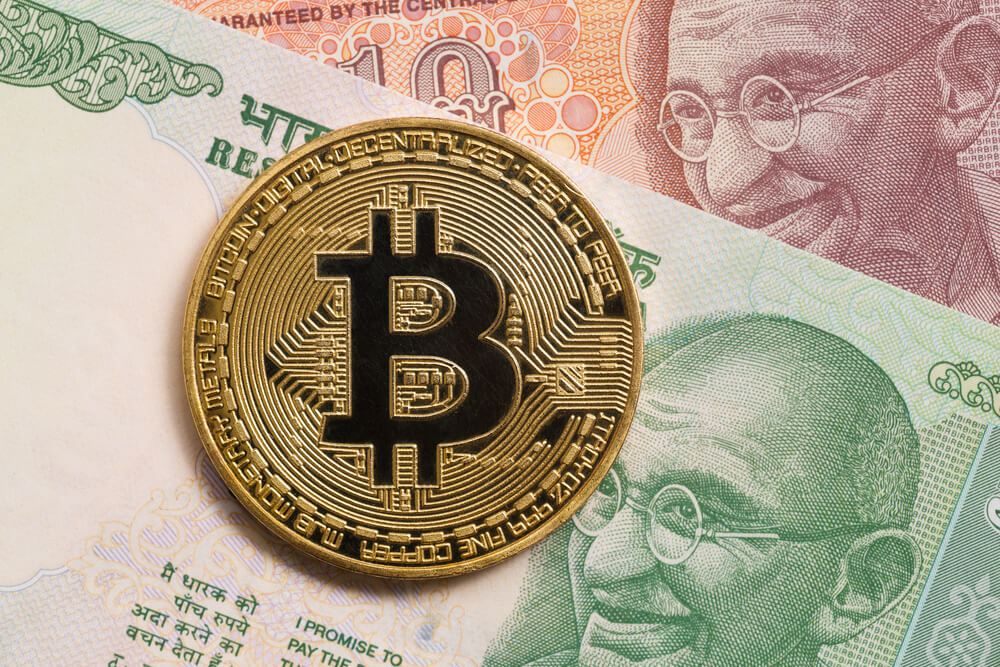An executive director at India’s central bank has said that it won’t be accepting bitcoin for its payments or settlements, further clarifying its position on cryptocurrencies.
Speaking at a conference in Mumbai, Quartz reports that S Ganesh Kumar, executive director from the Reserve Bank of India (RBI), said:
Our current position on bitcoins is that we will not be using it for any payments and settlements…though the technology underlying cryptocurrencies will not end.
This announcement comes at a time when there have been talks of a possible government panel preventing the use of digital currencies in India. Due to the potential misuse of cryptocurrencies, such as bitcoin, linked with fraud and money laundering, a finance ministry has suggested that they should be banned. According to the panel, it suggested that the government should launch a campaign to discourage people from purchasing digital currencies.
The RBI has, in the past, given its view on the world of cryptocurrencies. In 2013, the RBI released a public notice initially warning users of digital currencies and the risks associated with them. This was later reiterated in February with the RBI stating that:
The Reserve Bank of India advises that it has not given any licence / authorisation to any entity / company to operate such schemes or deal with Bitcoin or any virtual currency. As such, any user, holder, investor, trader, etc. dealing with Virtual Currencies will be doing so at their own risk.
In September, it was reported that the RBI was looking into cryptocurrencies; however, a senior official stated that the bank was still uncomfortable with the idea of bitcoin. At the time, Sudarshan Sen, an RBI executive director, said:
As regards non-fiat cryptocurrencies, I think, we are not comfortable with them.
Around the world regulatory authorities are revealing their positions on the crypto world. In September, China’s central bank, the People’s Bank of China (PBoC), halted the trading of domestic bitcoin exchanges, forcing several prominent exchanges to close their services.
However, as China cracked down on the market, Japan is quickly becoming a power house in the sector. This is evident by the fact that Japan’s Financial Services Agency officially recognised 11 companies as registered cryptocurrency exchange operators at the end of September. This latest decision further cements the country’s support toward digital currencies.
Russia is another country that is exploring the possibility of regulating bitcoin. At the beginning of September, Anton Siluanov, Russia’s finance minister, said that he wants to regulate the circulation of the crypto market. Vladimir Putin, Russia’s president, has also issued five presidential orders demanding officials set up a legal framework to handle digital currencies.



